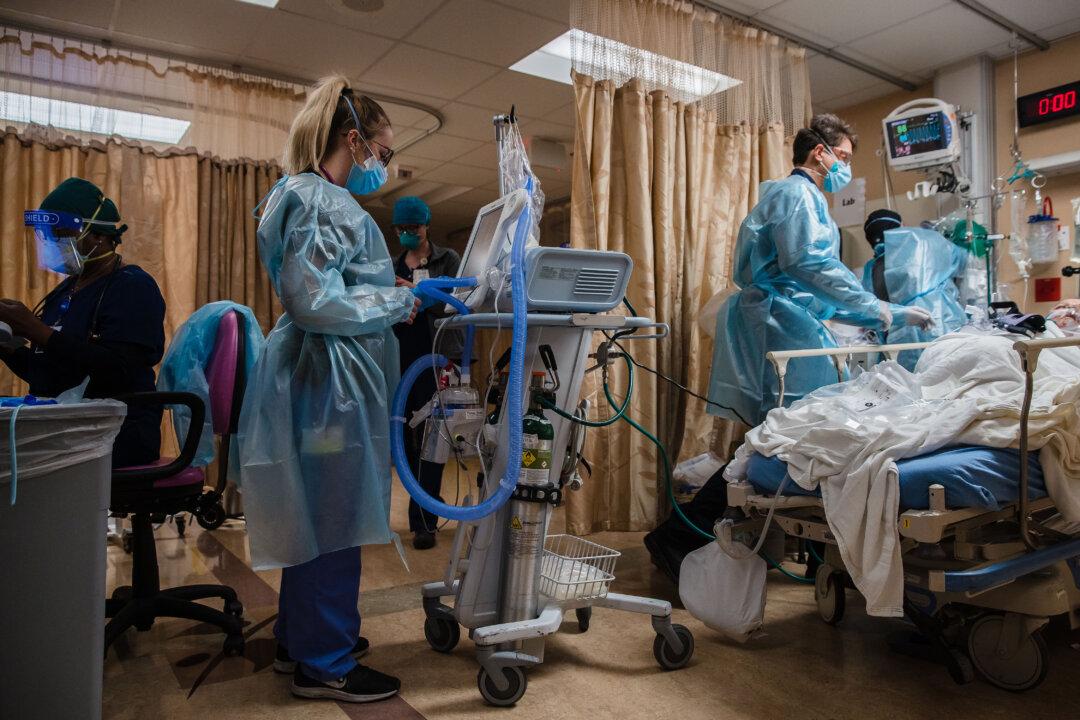The World Health Organization (WHO) believes that while the monkeypox outbreak is unusual, it can be contained, according to an official with the U.N. health agency.
“It’s not something we’ve seen over the last few years,” Sylvie Briand, director of the WHO’s epidemic and pandemic preparedness and prevention department, told Bloomberg News on Tuesday. The disease, Briand said, is “still containable” and that countries can prevent its spread by raising awareness by telling people about the virus’s symptoms.






